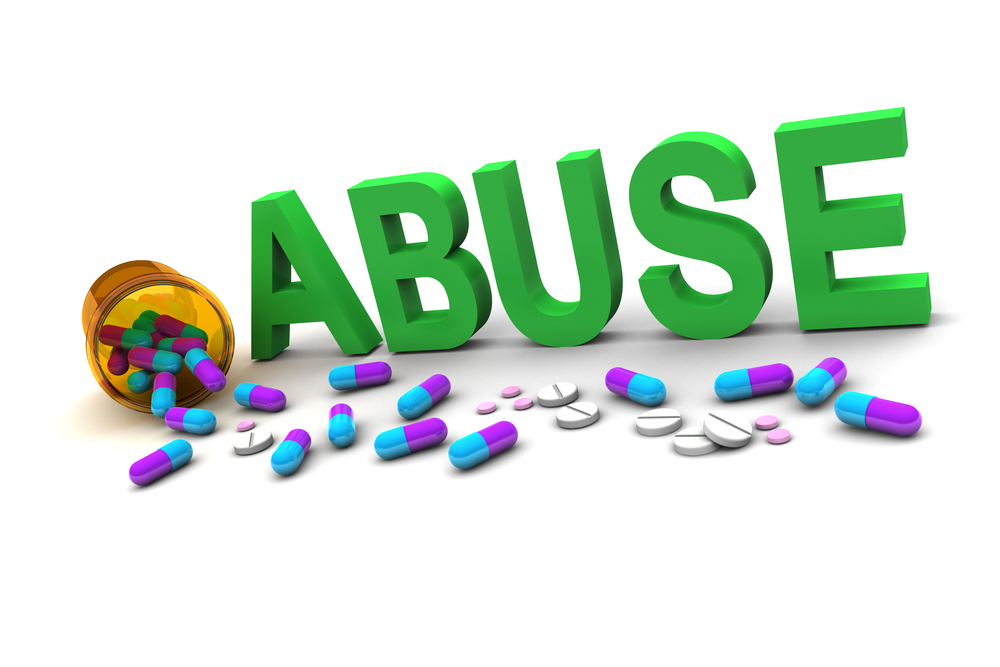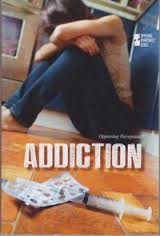Societal addiction mischief

Societal addiction mischief will always be there but the bottom line is that addiction is a medical problem like any other
Societal addiction mischief: Is addiction a disease?
The numerous factors surrounding societal addiction mischief makes it very difficult for people to accept its realities. Even though many people think otherwise, addiction is like any other disease and it is not a sign of weakness of character on both the direct victim and the indirect victims. We must be on top of everything about addiction if we want to ever make any meaningful progress towards its elimination from our lives and to the general societies. Let’s consider the following facts as we progress into the discussion.
Addiction is like most major diseases – Consider heart disease, the leading cause of death the world over. Medically this health condition is partly due to genes or poor lifestyle choices like bad diet, lack of exercise and smoking. The same is true for other common diseases like adult-onset diabetes. Many forms of cancers are due to a combination of genes and lifestyle. These are facts we believe and accept each time our physicians deliver the diagnosis result, what is worrying is when your doctor said that you had diabetes or heart disease, you wouldn’t think and as a matter of fact nobody would see you as a bad person. In fact, you would take it positively and start thinking about solutions. That is how you should approach addiction. If this could be the attitude of everybody, then treatment can be administered more effectively and timely for a speedy recovery.
Addiction is not a weakness – The fact that addiction crosses all socio-economic boundaries confirms that addiction is a disease. People who don’t know about addiction will tell you that you just need to be stronger to control your use. If that was true then only unsuccessful people or unmotivated people would have an addiction and yet 10% of high-functioning executives have an addiction. If you think of addiction as a weakness, you’ll paint yourself into a corner that you can’t get out of. You’ll focus on being stronger and trying to control your use, instead of treating addiction like a disease and focusing on stopping your use.
Societal addiction mischief: Cross addiction
You can become addicted to any drug if you have a family history of addiction. It is important to note that if at least one of your family members is addicted to alcohol, then this gives you a greater risk of developing an addiction to any other drug. Cross addiction occurs because all addictions work in the same part of the brain. If your brain is wired so that you’re predisposed to one addiction, then you’re predisposed to all addictions. This is especially important for women who may come from alcoholic families, but who often develop addictions that go undetected, like addictions to tranquilizers, pain relievers, or eating disorders.
One addiction can lead to other addictions, and one drug can make you relapse on another drug. That’s one of the consequences of a brain that’s wired for addiction. Suppose you’re addicted to cocaine, for example, if you want to stop using cocaine then it is important that for you to succeed, you will have to stop using all other addictive drugs including alcohol and marijuana. You may never have had a problem with either of them, but if you continue to use alcohol or marijuana, even when it is casual, they’ll eventually lead you back to your drug of choice. Remember that in order to be on top of addiction abstinence should be your ultimate goal because true recovery requires total abstinence says doctor Akoury.
Societal addiction mischief: Is addiction a disease?



